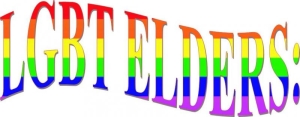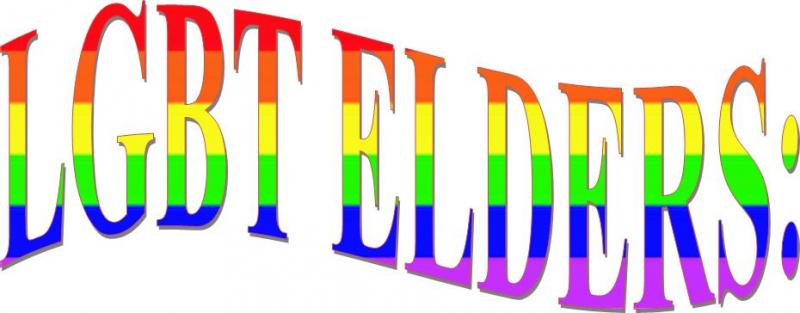 In many communities, LGBT ( lesbian, gay, bisexual and transgender) older adults are a forgotten population.
In many communities, LGBT ( lesbian, gay, bisexual and transgender) older adults are a forgotten population.
Before the 1970s, little was known about this part of the population except that they were viewed by some as deviant or immoral. As a result, they concealed their sexual orientation, fearing physical and emotional abuse; rejection from family, friends and religious communities; and job loss.
A majority of them live alone, relying on other older gay adults for support and caregiving.
This peer-to-peer caregiving is common because many gay and transgender seniors were separated from their families and formed “families of choice” that are not biologically or legally connected.
In many cases, the caregivers are the same age as the LGBT elders, making the latter even more vulnerable, as both parties will suffer from the natural effects of aging.
Making matters worse, a large portion of the population has a mistrust of mainstream institutions dating back to their early years. Seeking help from hospitals, doctors, Social Security or even the police can bring up a history of hurt and discrimination—or uncomfortable interaction at the least.
Because many LGBT-identified elders experience a lack of family care (partners or spouses, adult children, grandchildren, siblings) and they have a distrust of professional health and care services, they may experience more than their fair share of health challenges.
It’s likely those figures are largely the same today.
Consider the following;
•A gay elder is afraid to have his partner visit after he’s been placed in a skilled-nursing facility and is sharing the room with another man.
•A lesbian elder living with her partner is discharged from the hospital with doctor’s orders for in-home physical therapy. She’s stressed about scheduling the therapy, wondering if the healthcare professional coming to her home will treat her differently because of her sexuality.
•A homebound transsexual elder is in great need of homedelivered meals but will not sign up for the service out of fear of mistreatment by the person delivering the meals.
•A gay elder will not disclose his full medical history to the emergency room physician out of concerns of being judged.
•A lesbian elder would love to go to the local senior center but is afraid of feeling unwelcome.
“LGBT-identified seniors can face a multitude of barriers to healthy aging,” said Chad Cryder, a case manager at Senior Concerns. “They are less likely to be partnered or married, which can often result in less social support and financial security as they age. And older adults who live alone are at serious risk of social isolation, which is linked to poor mental and physical health, cognitive impairment, and premature chronic disease and death.”
In an effort to start a community conversation about LGBT and aging, and find solutions to the unique challenges faced by LGBT-identified elders in the community, Senior Concerns will convene a special brainstorming session from 5:30 to 7 p.m. Tues., Dec. 15 at our offices, 401 Hodencamp Road, Thousand Oaks.
Those who work with older adults or with the LGBT community, along with interested members of the community, are invited to attend.
To make a reservation, call (805) 497-0189. There are many things we can do differently as a community to be inclusive of all our seniors. Consider joining this conversation so we can make the Conejo Valley the best place for everyone to grow old.





